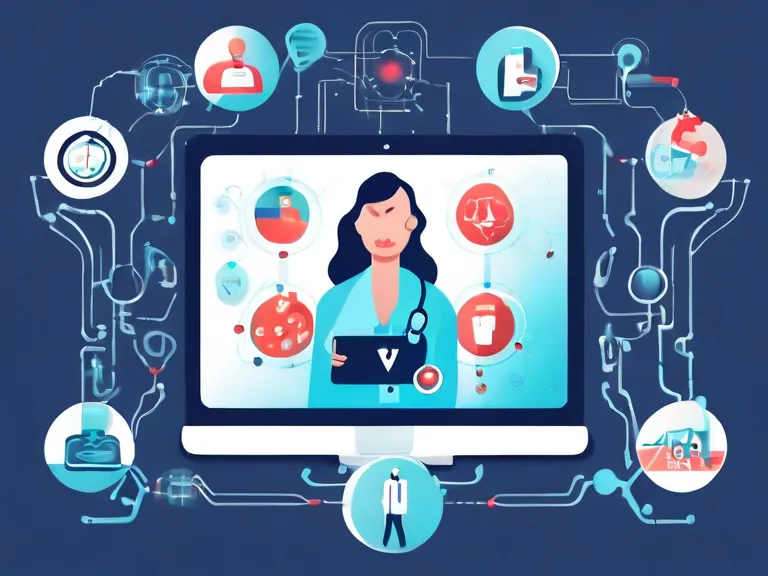
Predictive Analytics in Health: How AI is Shaping Wellness Trends
As technology continues to advance, the healthcare industry is leveraging the power of predictive analytics to improve patient outcomes and drive wellness trends. Predictive analytics uses historical data, statistical algorithms, and machine learning techniques to predict future outcomes. In the realm of healthcare, this technology is revolutionizing how physicians diagnose diseases, prescribe treatments, and monitor patients.
One of the key benefits of predictive analytics in health is its ability to identify patterns and trends that may be missed by human healthcare providers. By analyzing large data sets, AI-powered systems can identify potential health risks and forecast possible outcomes for individual patients. This proactive approach allows healthcare providers to intervene earlier, ultimately leading to better health outcomes and reduced costs.
Predictive analytics is also being used to personalize and improve patient care. By analyzing a patient's medical history, genetic data, lifestyle habits, and other relevant factors, AI algorithms can generate personalized treatment plans that are tailored to the individual's unique needs. This personalized approach not only improves patient satisfaction but also leads to more effective treatments and better health outcomes.
Furthermore, predictive analytics is shaping wellness trends by enabling healthcare organizations to anticipate and respond to emerging health issues. By analyzing social media data, wearable device data, and other sources of information, AI systems can identify trends in real-time and provide insights that help organizations develop targeted wellness programs and interventions.
In conclusion, predictive analytics is playing a crucial role in shaping wellness trends and revolutionizing the healthcare industry. By harnessing the power of AI, healthcare providers are able to improve patient outcomes, personalize care, and stay ahead of emerging health issues. As technology continues to evolve, predictive analytics will undoubtedly continue to play a key role in driving innovation and improving the overall well-being of individuals around the world.


